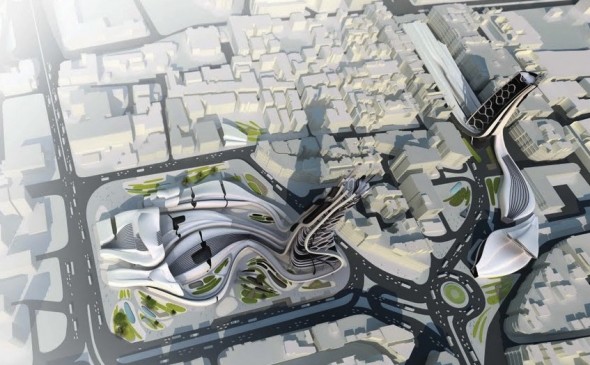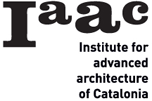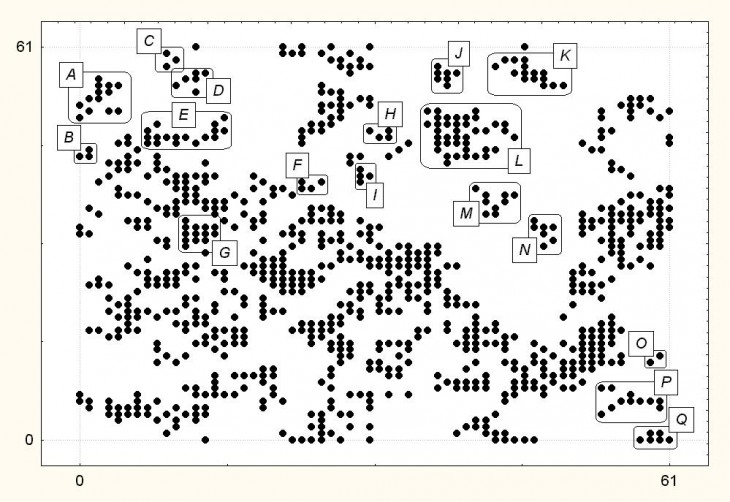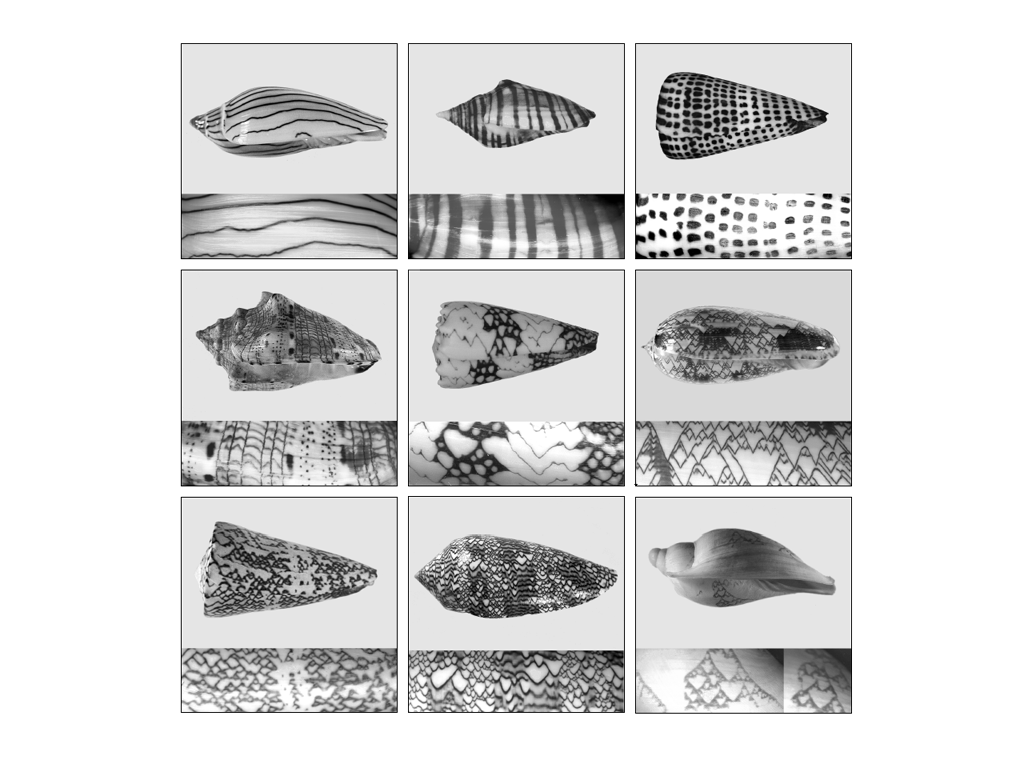In the extensive work on Digital Cities Neil Leach critically approached the vital importance of Digital technologies and their development for the future of urban design as a creative sub-field. In the past 20 years the boom of Digital Technologies and their grand entrance into the world of practical and rigid-minded modernist architecture has rapidly taken over the place in architects’ thoughts, designs and conversations. Architectural subcultures of “parametricism”, cities following swarm emergence development, the entire conglomerations of living and breathing systems unifying into so-called Chlorofilias; highly theoretical, and for the most part speculative theories have created a shift in the “frozen” architectural thinking of the 20th century in the unknown, yet promising direction, and gave it a new platform for theoretical evolution at the least.
digital cities: a future or a dream?
Swarm Intelligence: Architecture of Multi-agent Systems, Neil Leach & Roland Snooks, 2010
Swarm Intelligence based (http://chemoton.files.wordpress.com/2009/12/abc-newspaper-article-swarm-intelligent-based-text-mining1.jpg)
Swarm logic is indeed one of the new approaches in emerging to describe a form or a system in many aspect. The idea of swarm intelligence basically is a “population” of local interactions to the environment in a greater amount that create a global system. Read More
Critical Essay: “Digital Cities”- Neil Leach

Econnected City, urban design for Damasco, Ergin Birinci & Rocky Merchant
http://complexitys.com/english/urbanparametric/#.UqD6cxbkpac
The 21st century has brought a different style of architecture. This is Parametricism, defined by avant-garde structures and the use of new tools and techniques to produce seamless fluidity in buildings. Not only do these tools aid to draft the models, but they also generate designs. Parametric design proposes an ordered complexity and at the same time the articulation of systems that compose a structure, such as facades, structure, circulation, etc. Read More
Google vs Apple : The missing inputs
(Image Source : http://www.informatblog.com/partnership-google-apple-nel-futuro)
“it’s not the consumers’ job to know what they want” is a well-known phrase spoken by the deceased CEO of Apple. Apple users know best why they purchase apple products. It’s so easy that it blends into your hand. It’s so easy that you don’t know why it is so easy. that’s the result of a top-down design. You are pretty much disoriented but you still don’t feel it, you just feel good and in control. While Google relies on experiments and data from the users out there. The company used the data offered by customers as input. By googling, you are giving your data. And google is smart enough to bring you in as a design partners. The result is that you know where you started, where you are going and where is your destination.




